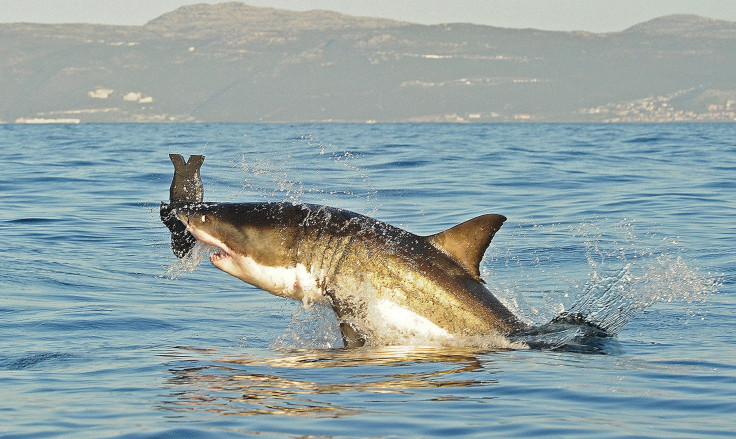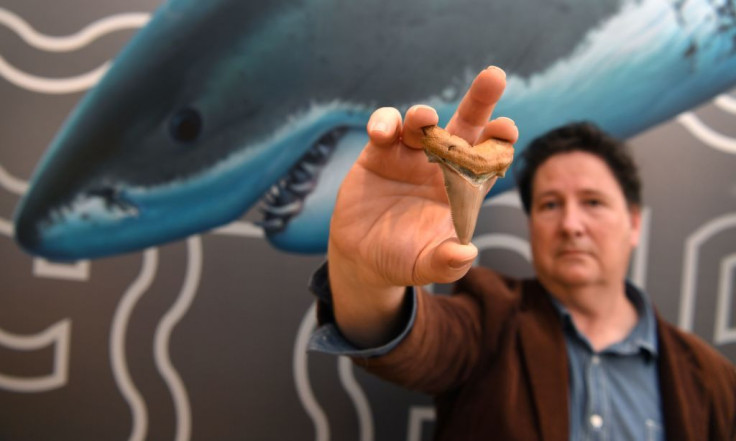Mega Shark Teeth From 25 Million Years Ago Found On Australian Beach

Scientists in Australia have identified fossilized teeth belonging to an ancient marine predator — a mega shark that lived some 25 million years ago.
The long-extinct animal, as the researchers described, would have been nearly two times as big as a modern-day Great White Shark in life, measuring well beyond 30-feet in length.

The rare discovery, first to be reported from Australia, was made by fossil enthusiast Philip Mullaly, who decided to take his search to Victoria’s Jan Juc beach — a place with a reputation of being a fossil hotspot.
As he strolled along the coast, looking for prehistoric-era fossils, a shining glint appeared on a boulder. On taking a close look at the rock, he found a strange, partially-exposed tooth.
"I was immediately excited, it was just perfect and I knew it was an important find that needed to be shared with people," Mullaly told AFP. So, he took the 7 centimeter-long (2.7-inches) tooth to Erich Fitzgerald, the curator of vertebrate paleontology at Museums Victoria.
Fitzgerald analyzed the fossilized tooth and revealed it came from a long-extinct marine predator named the Great Jagged Narrow-Toothed Shark.
Officially called Carcharocles angustidens, this particular family of mega-toothed shark ranged waters as the top predator during the Oligocene and Miocene epochs. They feasted on penguins, fish, dolphins, and sometimes even whales.
But, the work wasn’t over. Fitzgerald was particularly surprised by the rare find and decided to lead a team of paleontologists and scientists to the site of discovery. He suspected more of these rare teeth could be lying near or inside the boulder — and that’s exactly happened.
On exploring the site of discovery, the team found as many as 40 ancient shark teeth. Most of these came from the same mega shark, while the others belonged to modern-day sixgill sharks.
"These [mega shark] teeth are of international significance, as they represent one of just three associated groupings of Carcharocles angustidens teeth in the world, and the very first set to ever be discovered in Australia," Fitzgerald added. Such groupings are hard to find as sharks lose at least a single tooth daily. Moreover, the material of shark skeletons do not fossilize easily.
According to paleontologists involved in the work, the smaller sixgill shark teeth were likely dislodged when the animals came to feast on the carcass of the giant mega shark. These sharks are known to feed on remains of whales and other creatures, and as per this finding, they did something similar millions of years ago.
The rare set of teeth will be put on display at the Melbourne Museum as part of National Science Week starting Aug. 9.
© Copyright IBTimes 2024. All rights reserved.





















